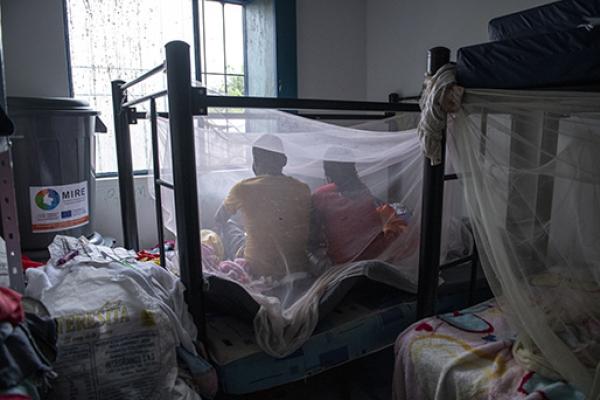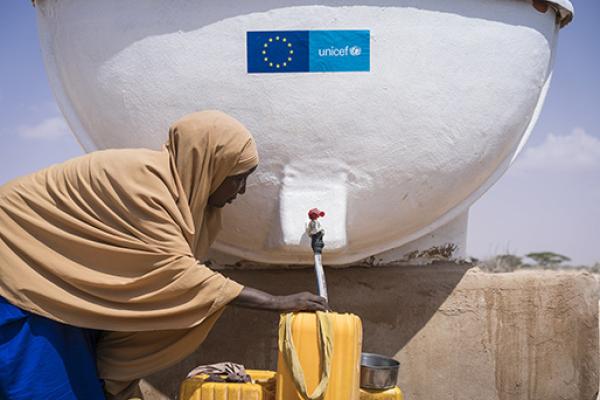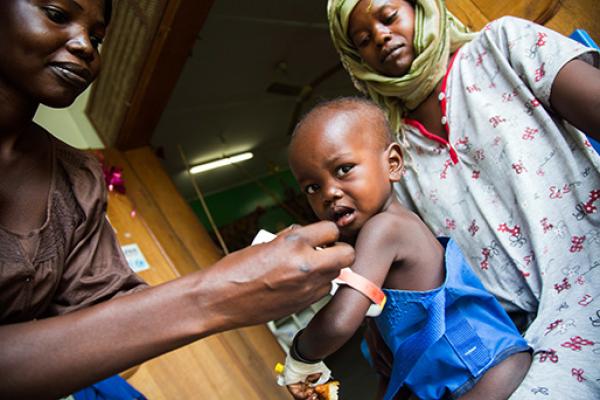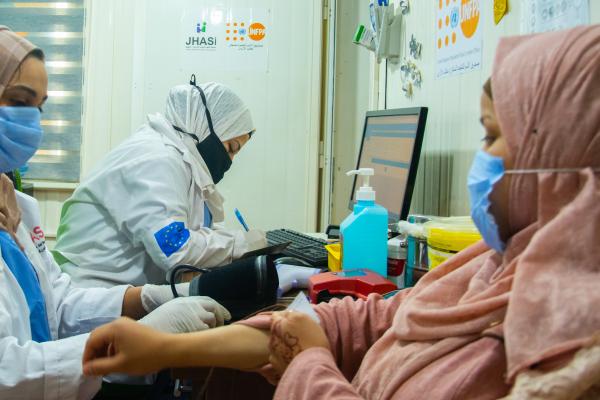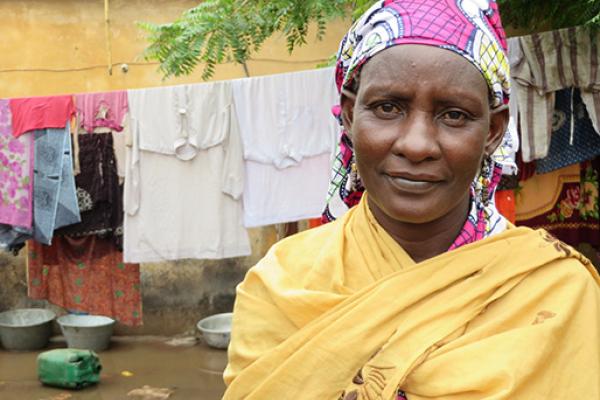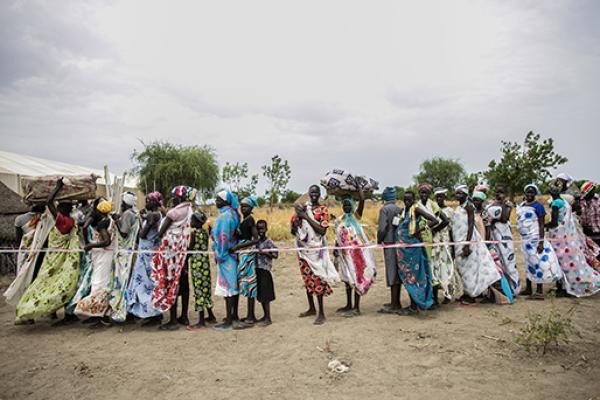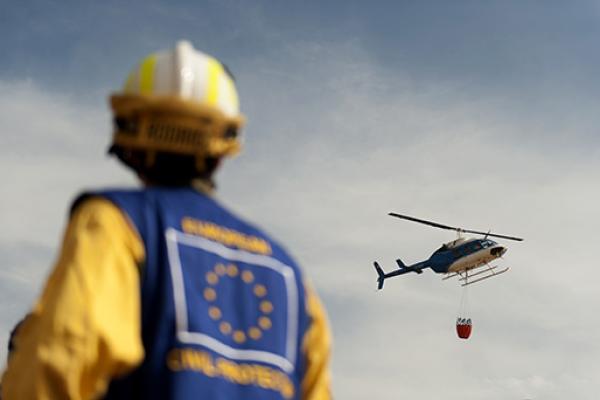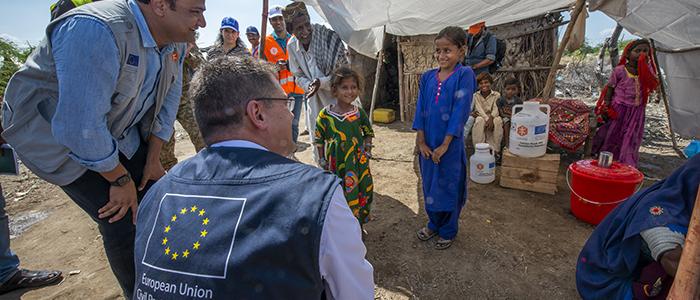
Commissioner for Crisis Management, Janez Lenarčič, is visiting Pakistan this week following the unprecedented flooding emergency that resulted in a rapid deteriorating of the humanitarian situation. During his visit, the Commissioner announced €30 million in new EU humanitarian aid for Pakistan.
This new funding aims to address urgent needs such as shelter, water and sanitation, food and nutrition, health, protection, education in emergencies and cash assistance, focusing on the most affected areas of the country, notably Sindh, Balochistan, Punjab, and Khyber Pakhtunkhwa. Given the scale of the crisis, psychological support needs will also be addressed.
Commissioner Lenarčič said: “People in Pakistan are suffering the devastating consequences of an unprecedented flooding emergency. Our thoughts are with those who lost family members, friends and their own homes. What is more, many livelihoods have been lost. With this new funding, the EU reaffirms its continued support to Pakistan and stands by the most vulnerable to help them fulfil basic needs. Once again, however, nature reminded us of the impact of global warming. Mainstreaming disaster preparedness and prevention in EU funded projects will therefore remain our top priority within the provision of humanitarian assistance.”
During his visit, the Commissioner met with Pakistan Prime Minister Shehbaz Sharif, Minister of State for Foreign Affairs Hina Rabbani Khar, and representatives of UN agencies.
He also visited the water purification plant sent by Denmark through the EU Civil Protection Mechanism and an EU-funded project supporting the response to the floods in one of the most affected areas in Sindh province.
After this visit, he also met with humanitarian organisations and partners to discuss about the current situation.
Background
Since the start of heavy precipitations in mid-June 2022, the National Disaster Management Authority of Pakistan reported the death of over 1,600 people and over 12,800 people injured, and a staggering estimated total of more than 33 million people affected by the emergency and almost 8 million people displaced.
The most affected districts are located in Sindh, Balochistan and Khyber Pakhtunkhwa, where floods caused widespread displacement, economic losses and other damages.
Thanks to its solid presence on the ground, EU humanitarian staff performed missions to Sindh, Balochistan and Khyber Pakhtunkhwa to assess the situation and identify how the EU could best support Pakistan and its people.
In the immediate aftermath of the emergency the EU released over €2.35 million in humanitarian aid and has been coordinating incoming aid offers from its Member States including Belgium, Sweden, France, Denmark, Austria, Greece and Slovenia.
Following the request of assistance from Pakistani authorities, the EU Civil Protection Mechanism also deployed one liaison officer and a team of experts to support operations and help coordinating the arrival of further assistance.
The EU's Copernicus satellite service has been activated to collect data to support the assessment of the situation in the most affected areas.
Details
- Publication date
- 4 October 2022
- Author
- Directorate-General for European Civil Protection and Humanitarian Aid Operations (ECHO)


